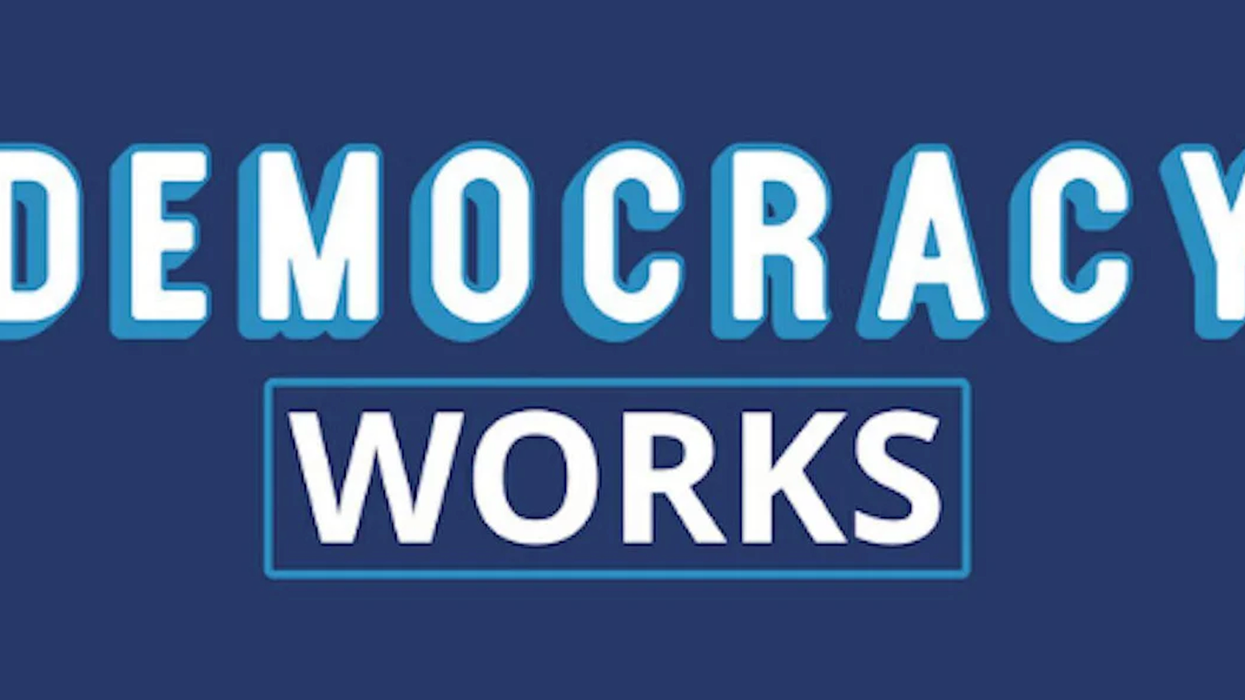Between democracy and autocracy is an anocracy, defined by political scientists as a country that has elements of both forms of government — usually one that's on the way up to becoming a full democracy or on the way down to full autocracy. This messy middle is the state when civil wars are most likely to start and the one that requires the most diligence from that country's citizens to prevent a civil war from breaking out.
Barbara F. Walter, author of How Civil Wars Start: And How to Stop Them has spent decades studying civil wars around the world and working with other political scientists to quantify how strong democracy is in a given country. She joins this episode to discuss those findings, how the democratic health of the United States has shifted over the past decade, and more. Walter is the Rohr Professor of International Affairs at the School of Global Policy & Strategy at the University of California, San Diego.




















Trump & Hegseth gave Mark Kelly a huge 2028 gift